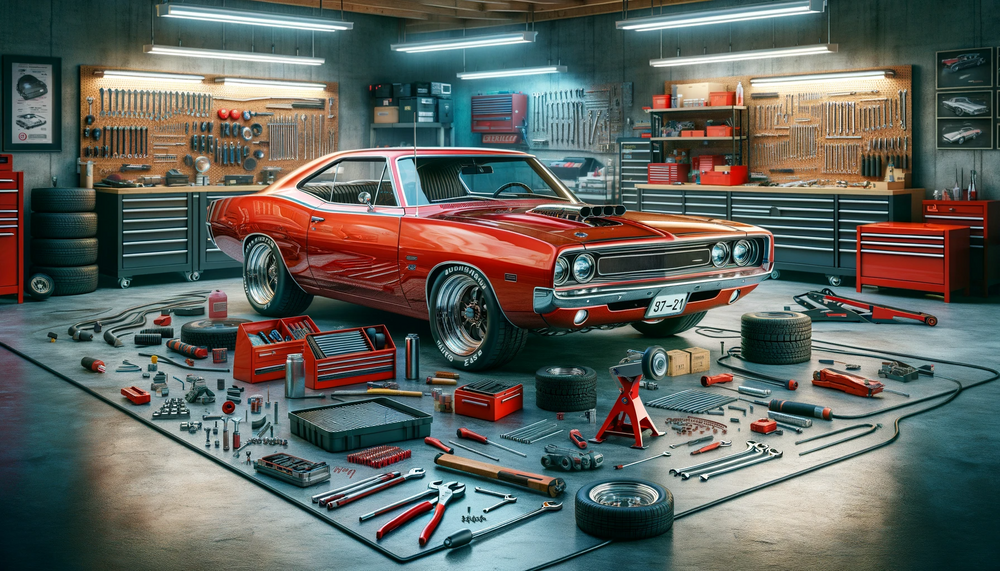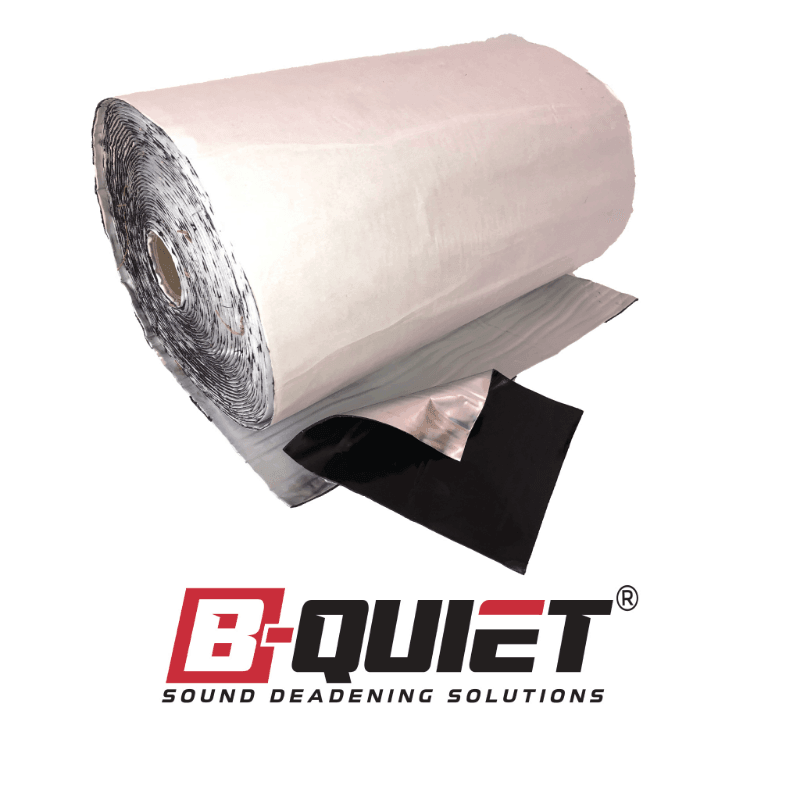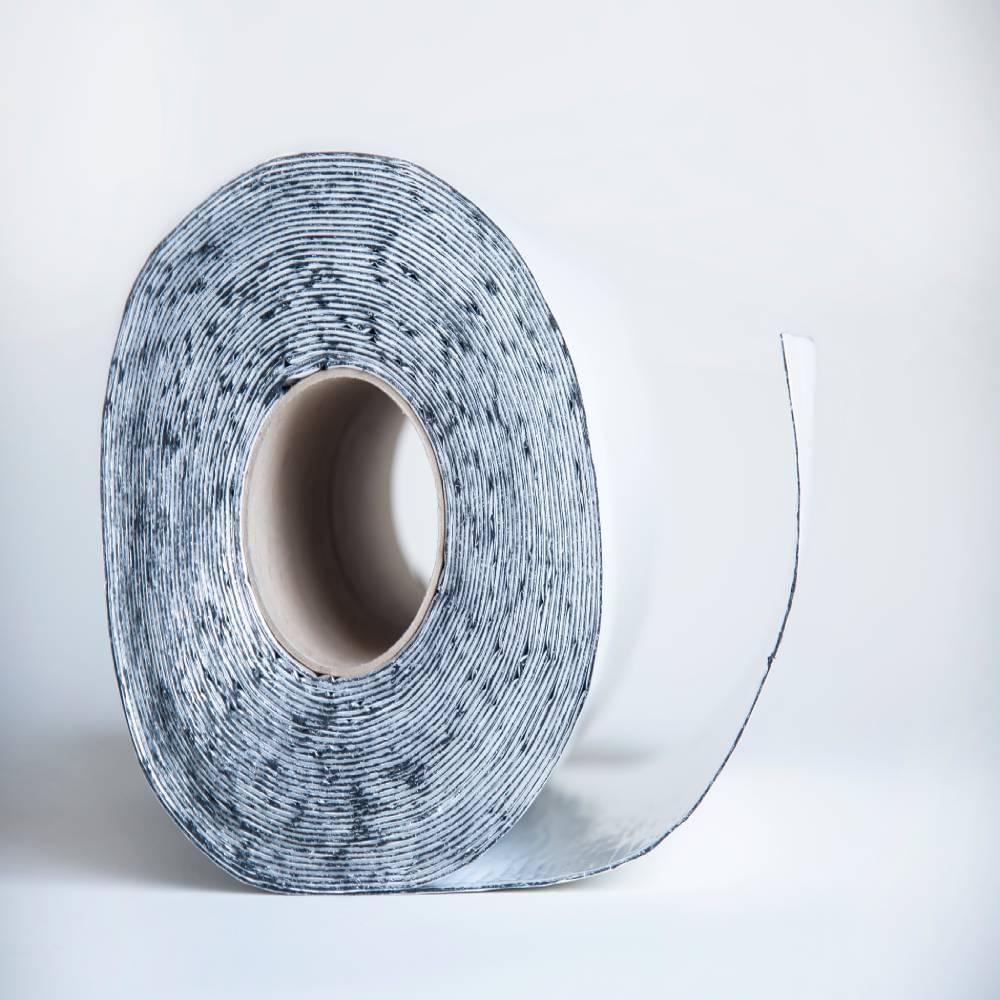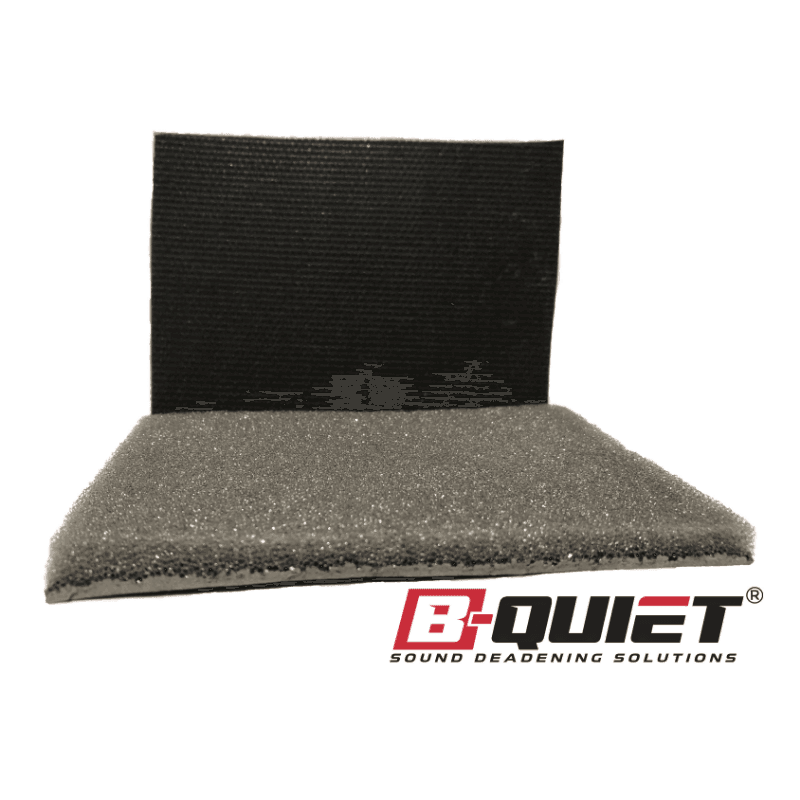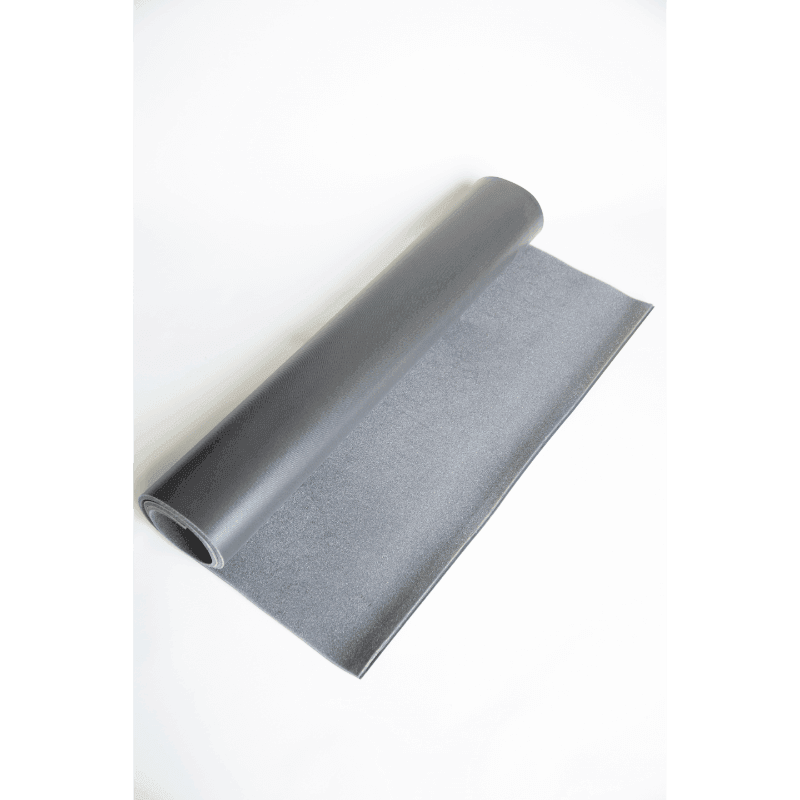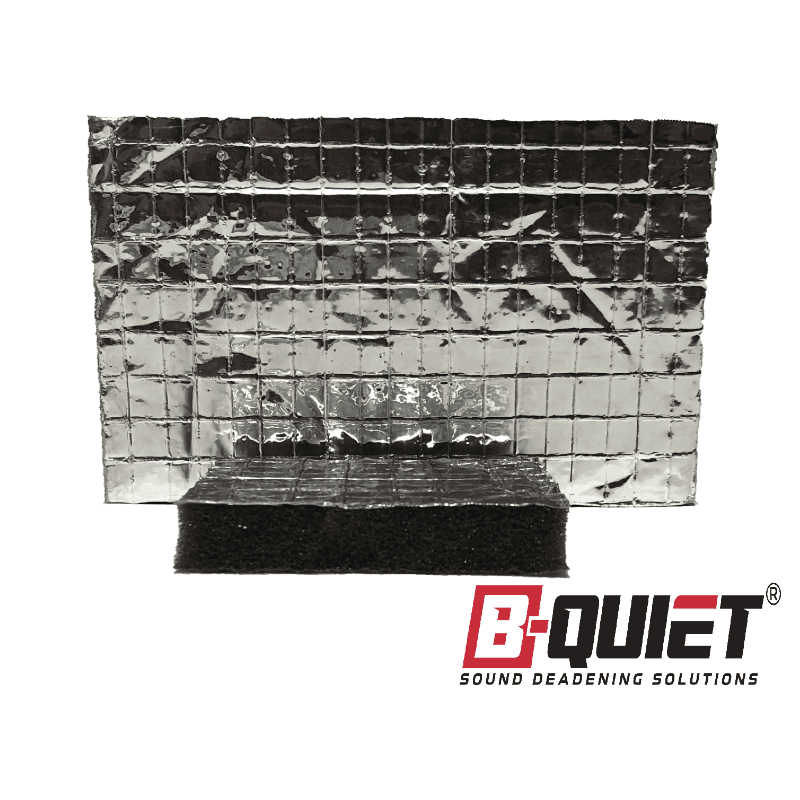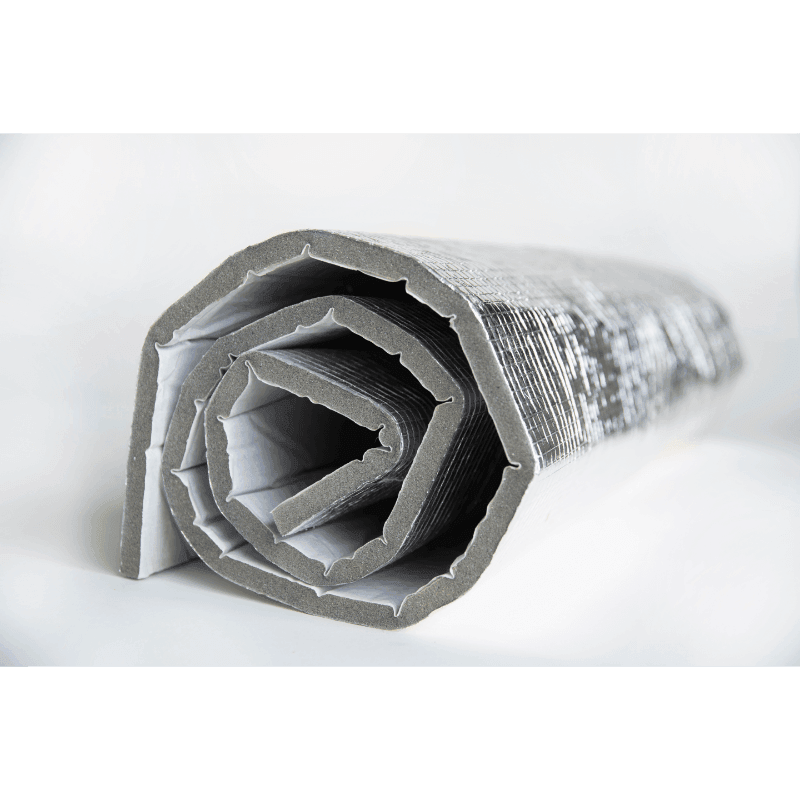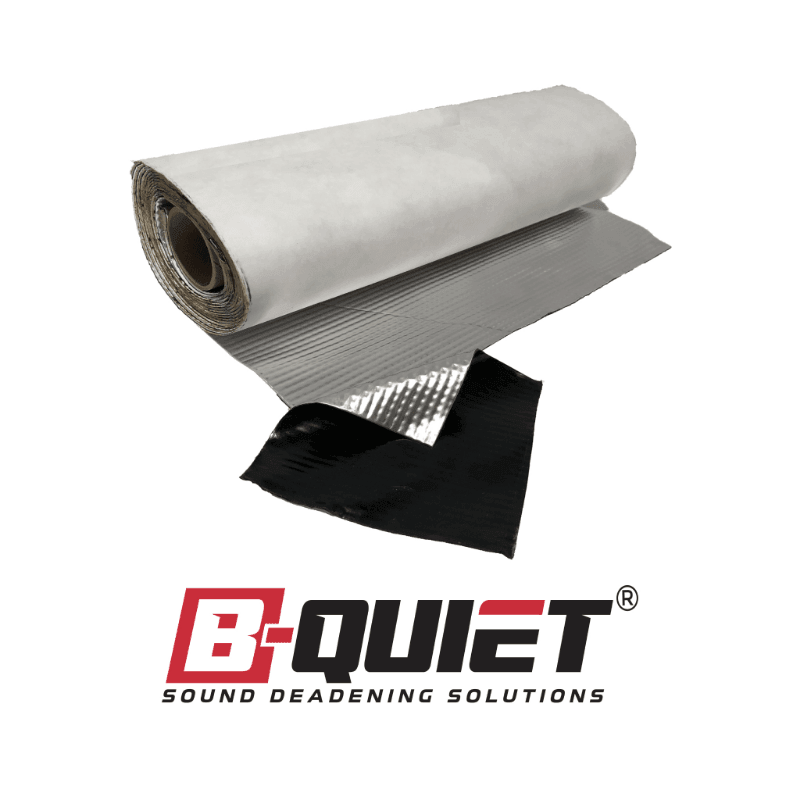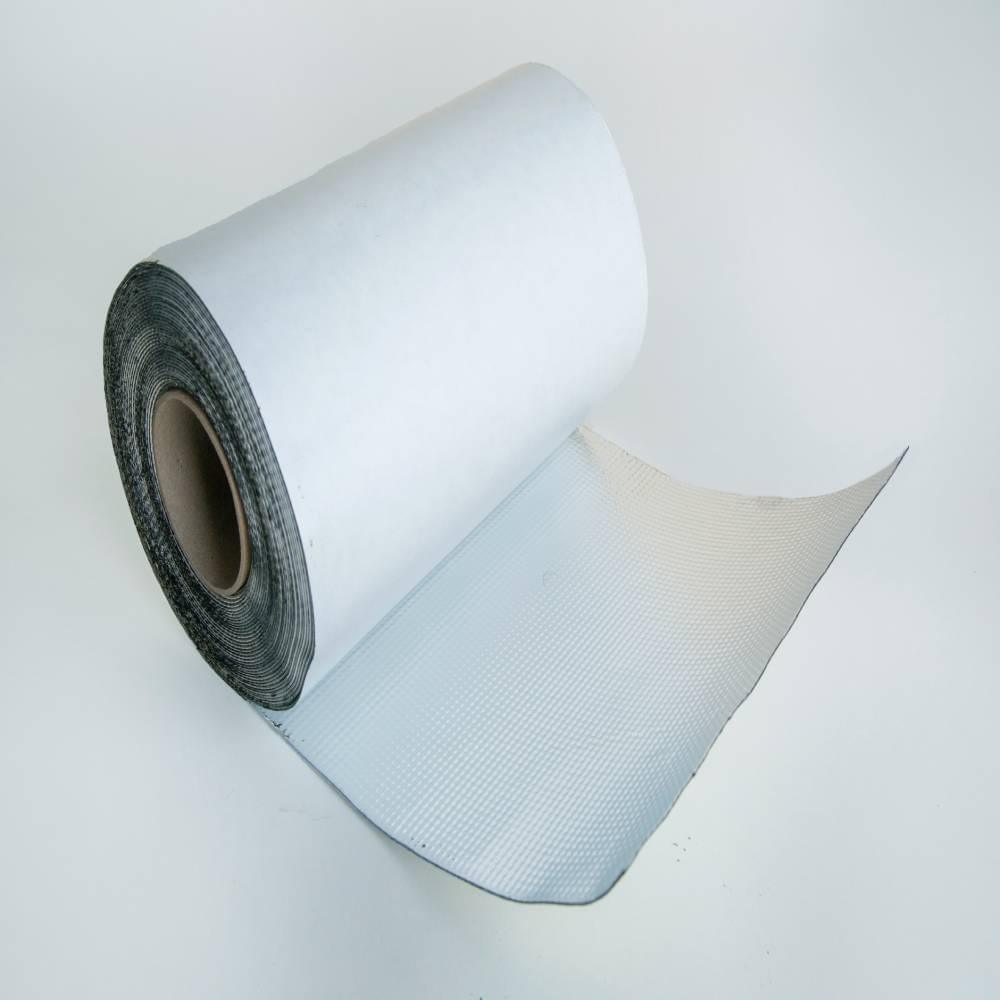Sound Deadening for Commercial Vehicles: Improving Comfort and Safety
Sound Deadening for Commercial Vehicles: Improving Comfort and Safety
Commercial vehicles, including trucks, vans, and buses, are an essential part of the transportation industry. These vehicles are used to transport goods and people across long distances, often for hours on end. However, driving a commercial vehicle can be a noisy and uncomfortable experience for both the driver and passengers. This is where sound deadening comes into play. In this article, we will discuss the benefits of sound deadening for commercial vehicles and provide tips on how to install and maintain a sound deadening system.
Introducing Sound Deadening for Commercial Vehicles
Sound deadening is the process of reducing or eliminating unwanted noise and vibration in a vehicle. Commercial vehicles are typically noisy due to engine noise, road noise, wind noise, and vibrations. These noises can not only be uncomfortable but also dangerous as they can cause driver fatigue and distraction, leading to accidents. Sound-deadening materials help to reduce these noises, creating a quieter and more comfortable environment for drivers and passengers. By reducing noise and vibration, sound deadening also helps to improve safety by allowing drivers to hear important sounds such as sirens, horns, and other warning signals.
Benefits of Sound Deadening for Commercial Vehicles
Sound deadening provides several benefits for commercial vehicles, including:
- Improved comfort: Sound-deadening materials reduce the amount of noise and vibration in the cabin, making the ride more comfortable for drivers and passengers.
- Reduced driver fatigue: Excessive noise and vibration can cause driver fatigue, leading to reduced alertness and concentration. Sound deadening helps to reduce these effects, allowing drivers to stay alert and focused.
- Improved safety: Through eliminating noise and vibrations, sound deadening allows drivers to recognize important noises such as sirens, horns, and alert signals. This can help avert collisions while also increasing safety measures overall.
- Better sound quality: Sound deadening can also improve the quality of sound from the vehicle's audio system, providing a more enjoyable listening experience.
Find the Best Materials for Sound Deadening in Your Specific Vehicle
When selecting sound-deadening materials for a commercial vehicle, it is essential to choose the right materials for the specific vehicle type. Different types of vehicles require different levels and types of sound deadening to achieve optimal results. For example, a cargo van may require sounder deadening in the cargo area than in the driver's cabin. There are various materials commonly used for sound deadening such as mass-loaded vinyl, foam, and insulation materials like fiberglass and mineral wool. One popular brand known for providing top-notch sound-deadening solutions with high-quality materials is B-Quiet. They have many large customers all around the world, including the tow truck company in Ireland. The tow truck Ireland is a well-known towing company that has been dedicated to providing fast, efficient, and affordable towing services to its customers.
Installation Tips
Installing sound-deadening materials in a commercial vehicle can be a challenging task. It requires a proper understanding of the vehicle's construction and the use of the right tools and materials. Here are some tips to ensure proper installation:
- Clean the surfaces: Ensure that the surfaces where the materials will be applied are clean and free from dirt, dust, and grease.
- Measure twice, cut once: Measure the surfaces carefully to ensure the right size and shape of the materials before cutting them.
- Use the right adhesive: Use a high-quality adhesive that is appropriate for the surface material and temperature conditions.
- Pay attention to the seams: Ensure that the seams between the materials are properly sealed to prevent noise leaks.
Cost Analysis
The cost of sound-deadening materials and installation can vary depending on the type of vehicle and the extent of the insulation required. While the cost of sound-deadening materials may seem high initially, the benefits they provide can outweigh the cost in the long run. Here are some things to consider when analysing the cost of sound deadening for commercial vehicles:
- Quality materials: High-quality sound-deadening materials may cost more initially, but they offer better performance and durability, which can save you money in the long run by reducing the need for frequent replacements or repairs.
- Professional installation: Professional installation of sound-deadening materials may come with an additional cost, but it can ensure that the materials are installed properly, which can maximize their effectiveness and prevent damage to the vehicle's interior.
- DIY installation: If you choose to install the sound-deadening materials yourself, you may be able to save money on installation costs, but it's important to ensure that you are using the right materials and following proper installation techniques to avoid damaging the vehicle or compromising its safety.
- Return on investment: While the cost of sound-deadening materials and installation can be high, the benefits they provide, such as improved comfort and safety, can ultimately lead to a better return on investment by increasing the value of the vehicle and reducing maintenance costs.
It's important to weigh the costs and benefits of sound deadening for commercial vehicles and make an informed decision that meets your budget and needs. Be sure to consult with professionals or do your research on specific materials and installation methods to achieve the best results.
Maintenance Tips
Maintaining your sound-deadening system is essential to ensure long-term durability and performance. Here are some tips for maintaining your sound-deadening system:
- Regular cleaning: Clean the sound-deadening materials regularly with a damp cloth to remove any dirt or debris that may have accumulated on the surface.
- Inspect for damage: Inspect the sound-deadening materials periodically for any signs of wear and tear, such as cracks or tears. Replace any damaged materials promptly to prevent noise leaks.
- Check for loose materials: Check for any loose materials that may have come off and reattach them if necessary.
- Avoid moisture: Sound-deadening materials are susceptible to moisture damage, which can reduce their effectiveness. Avoid exposing the materials to water or moisture, and make sure that the vehicle's interior remains dry.
- Regular inspection: Inspect the sound-deadening materials periodically to ensure that they are still in good condition and provide adequate noise reduction.
Sound deadening is an effective way to improve the comfort and safety of commercial vehicles by reducing noise and vibration. By choosing the right materials and following proper installation and maintenance techniques, you can achieve optimal results and enjoy a quieter and more comfortable ride. Remember to consult with professionals or do your research on specific materials and installation methods to achieve the best results. By following these tips, you can enjoy the benefits of sound deadening for years to come.


